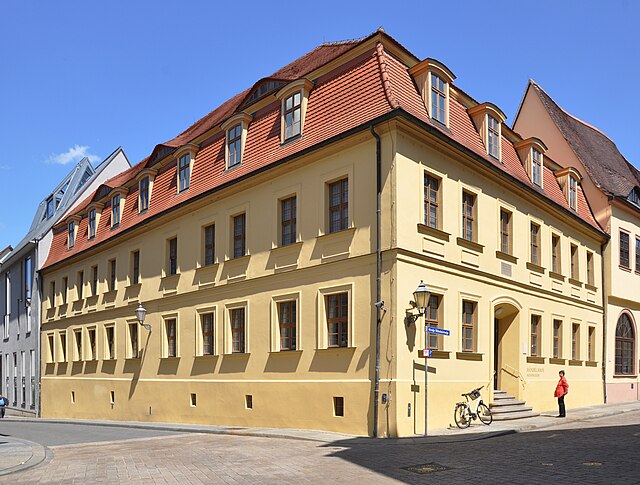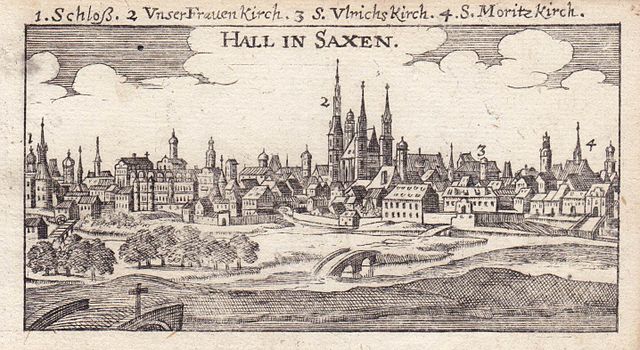Giulio Cesare in Egitto, commonly known as Giulio Cesare, is a dramma per musica in three acts composed by George Frideric Handel for the Royal Academy of Music in 1724. The libretto was written by Nicola Francesco Haym who used an earlier libretto by Giacomo Francesco Bussani, which had been set to music by Antonio Sartorio (1676). The opera was a success at its first performances, was frequently revived by Handel in his subsequent opera seasons and is now one of the most often performed Baroque operas.
George Frideric Handel
Senesino, Cuzzoni and Berenstadt, probably in a scene from Flavio
The librettist Nicola Francesco Haym seated at the harpsichord, Marco Ricci, c 1709
Senesino, who created the role of Giulio Cesare
George Frideric Handel was a German-British Baroque composer well known for his operas, oratorios, anthems, concerti grossi, and organ concertos. Handel received his training in Halle and worked as a composer in Hamburg and Italy before settling in London in 1712, where he spent the bulk of his career and became a naturalised British subject in 1727. He was strongly influenced both by the middle-German polyphonic choral tradition and by composers of the Italian Baroque. In turn, Handel's music forms one of the peaks of the "high baroque" style, bringing Italian opera to its highest development, creating the genres of English oratorio and organ concerto, and introducing a new style into English church music. He is consistently recognized as one of the greatest composers of his age.
Portrait of Handel, 1726–1728
Handel's baptismal registration (Marienbibliothek in Halle)
Handel House, birthplace of Handel
Halle, copper engraving, 1686







